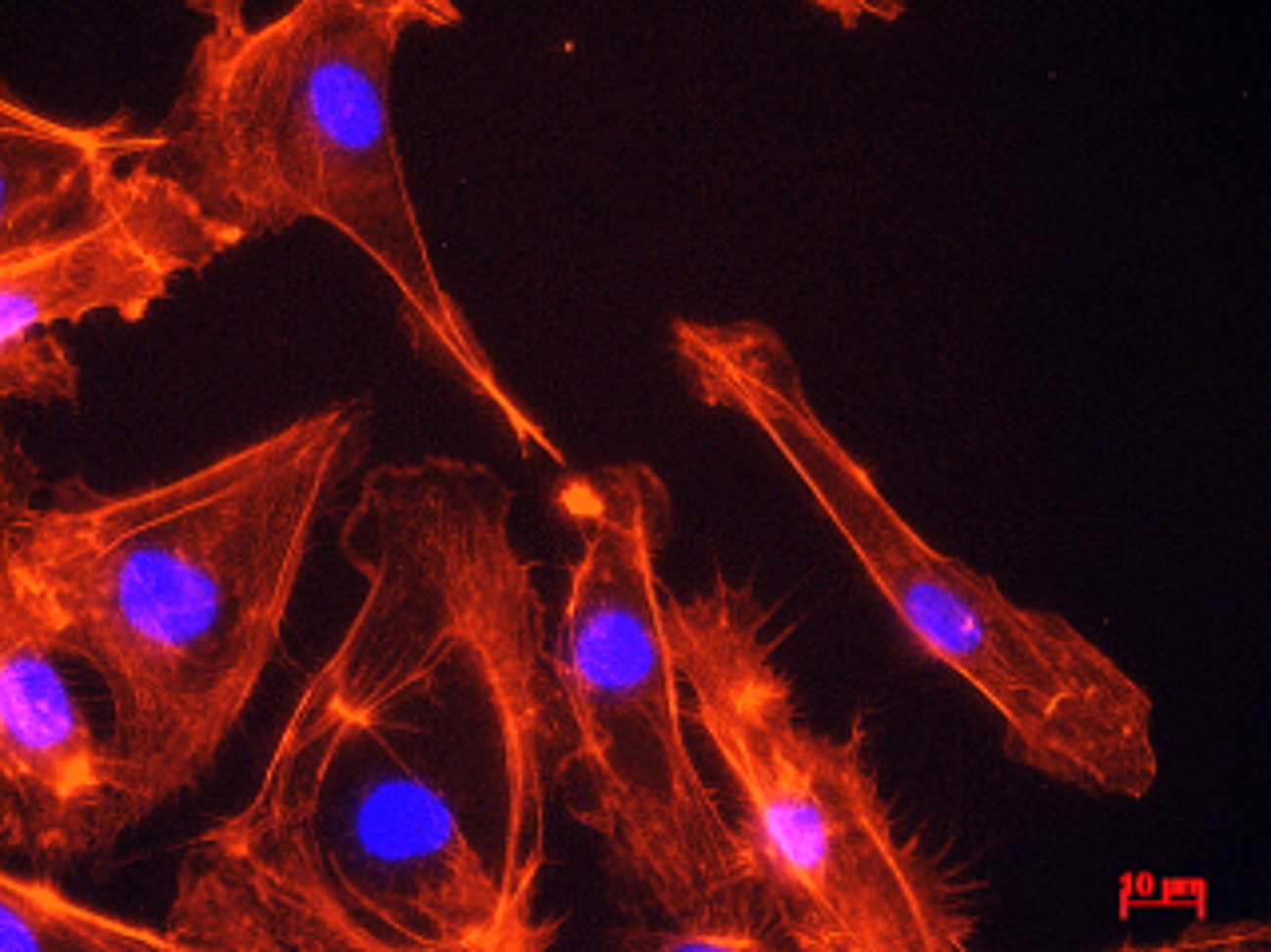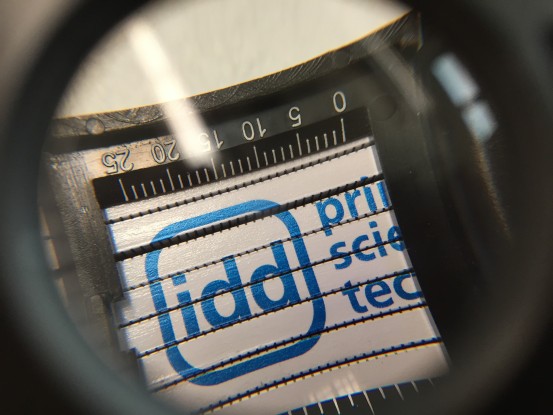Generation of vascularized human liver tissue by integrating 3D-bioprinting and cellular self-assembly
In vitro cell culture models and animal experiments form the basis of numerous drug developments when testing the efficacy and toxicity of new drugs. Previous cell culture models and organ-like structures can only be used to a limited extent in the development of drugs due to the lack of blood vessels and thus the lack of oxygen supply.
The Merck Sustainability Hub project “Generation of Vascularized Human Liver Tissue by Integrating 3D-Bioprinting and Cellular Self-Assembly” focuses on the generation of 3D liver cell cultures with induced blood capillary formation and the connection of these with a 3D-printed network of macro-blood vessels. The planned 3D liver model, due to its similarity to the human organ, is expected to provide an advance in drug development and the possibility of eliminating animal testing in the future.
The project is worked on together with partners from the department of biology of the TU Darmstadt (Prof. Dr. Ulrike Nuber), the BIH Berlin Institute of Health @ Charité (Prof. Dr. Michael Potente) uand the Max Delbrück Center for Macromolecular Medicine (Prof. Dr. Holger Gerhardt) and is financially supported by Merck.



